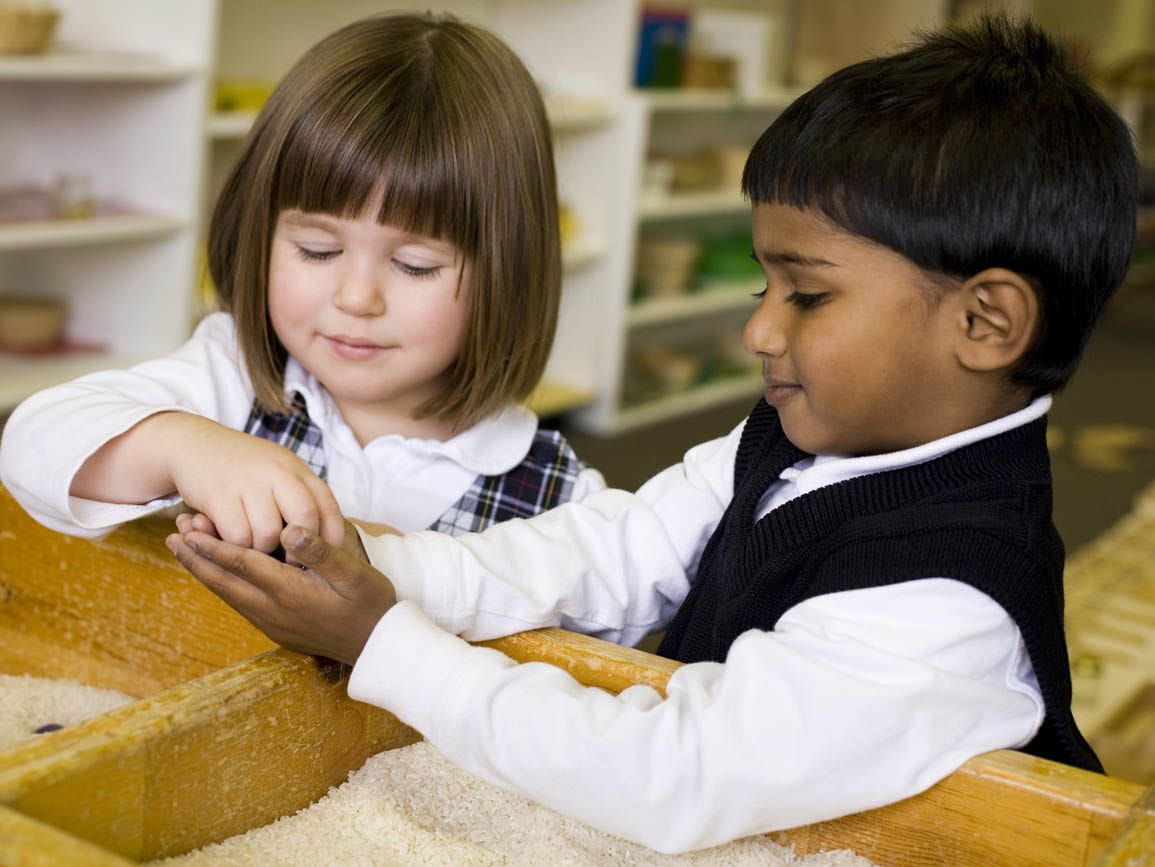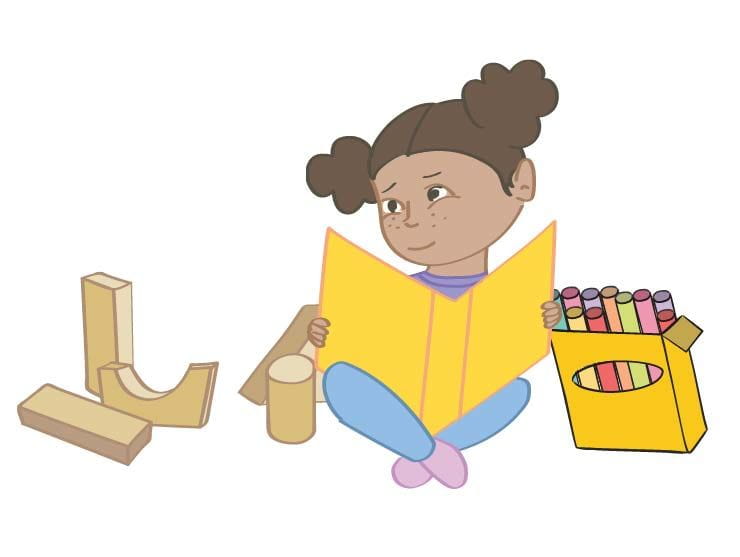Ask What They Want to Know
A great way to start a conversation about any potentially difficult topic is to check in with your child about what they want to know or what they feel confused about so you can fill in any gaps in knowledge. This will also allow your child’s interests to shape the conversation. When I asked my seven year-old, “What questions do you have about the upcoming election?” he answered by saying he wanted to know more about how votes are collected and counted. On the other hand, when I asked my ten year-old the same question, he said he wanted to know more details about the platforms of specific candidates. For younger children who may not know what to ask, a fun conversation starter is, “what would you do on your first day as President?”Create an Opportunity for Empathy
This and every election is a great opportunity to help your children understand that every person has different opinions and feelings about a given issue. The way people make choices in an election reflects the issues they value the most.
Practice the voting process by having a family vote on a hot-button topic. Perhaps your family frequently disagrees over what kind of takeout to order on Friday nights. Ask your child to run a family vote on what this week’s dinner choice will be: burgers or pizza. Task your child with not only collecting the votes, but also asking each voter to explain why they think their choice is best. This helps lay the foundation of empathic thinking and teaches children how adults make thoughtful political decisions based on the shared values of a particular candidate.
Be Their Role Model and Safe Place
Children will someday interact with the world as adults based (at least partly) on how we navigate teachable, memorable moments in their childhoods. I have decided to make this election an opportunity to teach my kids about the world that they will inherit from me someday. Some of my kids will be able to vote in a Presidential election within the next decade! The way I speak about this election and the action I take will teach my kids what I value and how I feel about our country and democracy.
Managing my own anxiety over the election by practicing mindfulness is another wonderful way I can model for my children how to handle big feelings in a stressful time.
Above all else, you should reassure your children that your family is a safe place where they can express their ideas, worries, and fears, and know that you will do your best to protect and respect them.
I’m Claire, a Bright Horizons employee and a mom of three school-aged kids. I have spent years as an early childhood educator and researcher, and also as a writer, chronicling the ups and downs of being a mom. I believe that writing honestly about parenthood is the best way to celebrate the joys and normalize the challenges we all encounter. I live in MA and in my spare time I enjoy hiking with my dog and reading.
More on Teaching Social Responsibility to Kids
- Discover books for kids that teach kindness, compassion, and the importance of contributing positively toward a better world.
- Prepare your children to be active participants in the political process as adults by teaching about politics today.
- Try these 5 empathy-building service activities with your kids.





